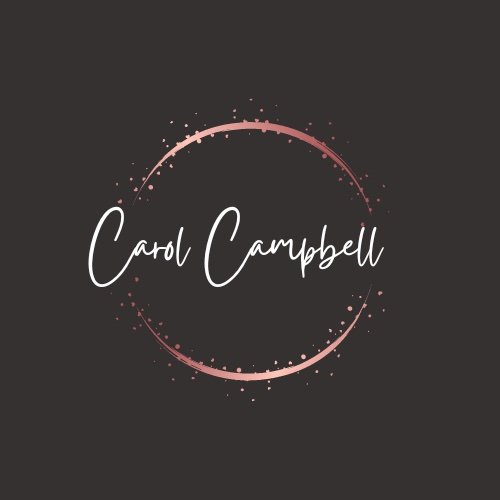If you have never smoked, you may want to stop reading right here.
It started with a lifestyle shift. I had been a sprinter up until high school but everything changed when my parents split up. I began skipping classes and hung out with people who left school grounds to smoke cigarettes in little open areas in the woods. Joining them, I entered a secret realm, so enticing for a lost kid looking to belong. The kids who smoked back then were cool. At least to me. Magazine ads, movies and record albums showed those free spirits wearing gypsy clothes and holding long skinny smokes between their fingers. I was fourteen years old.
According to pop wisdom, if you wanted to stay thin you drank a coke, smoked a cigarette and skipped lunch. In college smoking was part of the norm. The best way to cram for exams was with cigs and a pot of coffee, throw in a bagel. To entice me to quit, my dad offered me $100 for each month that I didn’t smoke for up to six months. I gave it a half hearted attempt, probably skipping a day or two. Never saw a dime.
By my mid twenties smoking wasn’t glamorous anymore. As the price of cigarettes slowly rose my friends and I promised to quit when cigarettes reached $1.50 or whatever the next increment was: a quarter more, fifty cents more. We grumbled but we never quit. We were pathetic in our addiction, lowering ourselves to search for the longest butt in last night’s ashtrays, never mind if it was not our own. Besides, my mind justified, there were all of the jobs that cigarettes provided: there was the wake up cigarette, the relax- with-a-cigarette and the cigarette that accompanied the mid-day iced tea, the alcohol of the weekend or the end of a meal at night.
When I turned thirty I quit. And it was hard, just as hard as they say it is. My husband followed weeks later. His tipping point came when seven tobacco company executives testified during Rep. Henry Waxman’s congressional hearings in 1994 that they believed “Nicotine is not addictive.” As we watched the hearings on the television, flabbergasted, we were also at the climax of cigarette withdrawal – probably craving a smoke about every three seconds. The irony was not lost on us.
I forced myself into a hermetic lifestyle for about four months, avoiding triggers like alcohol and ice tea. I began walking for miles in the woods near my home. It was healing on a lot of levels. Perhaps the walks could even be called walking meditations, because my creativity and health seemed to bloom in those weeks along with a greater understanding of the girl I had been when I had started smoking. Cigarettes were the perfect kick-off to a rebellion against my parents and the cruel universe that split my centered, structured world in two. Granted, I was a lightning rod reacting to my parents’ divorce, but I assure you, cigarettes were just the start in a long list of self destructive behavior.
I knew smoking was bad for me when I started. I was taught all the lessons that the last fifty years of research had all but proven which asserted that tar and nicotine were harmful and linked to cancer.
The latest report by the Surgeon General came out last week. Findings include data that shows almost no one starts smoking after 25. Most smokers have begun before they reach 18.
The report explored health effects and causes of tobacco use among youth ages 12 through 17 and young adults ages 18 through 25. For the first time tobacco data on young adults as a discrete population has been examined. Young adults are prime targets for tobacco advertising and marketing activities. Young girls are the most vulnerable because there is still the incorrect notion that smoking keeps you thin.
Assistant Secretary for Health Howard Koh says that the tobacco industry spends almost $10 billion a year to market its products. Images and messages normalize tobacco use in magazines, on the Internet and at retail stores frequented by youth.
Tobacco is the leading cause of preventable and premature death, killing an estimated 443,000 Americans each year. Cigarette smoking costs the nation $96 billion in direct medical costs and $97 billion in lost productivity annually.
Of every three young smokers, only one will quit, and one of those remaining smokers will die from tobacco-related causes. When we’re young we never consider the long-term health conse-quences associated with tobacco use when we started smoking. I and others wonder if our health will decline as the surgeon general’s report also seems to indicate: when teens start smoking they create lung, throat and heart problems for themselves later in life.
It’s been 19 years since I stopped smoking. No surprise that I’m sure glad to have quit when I did and also wish I’d never started. Now it’s time to grapple with my most current addiction and the next territory of self-discovery ahead: Wish me luck, I’m 16 days free of Diet Coke.
Sources:
Adler, Dr. Isaac. “Primary Malignant Growths of the Lungs and Bronchi.” New York: Longmans, Green, and Company, 1912.
http://senate.ucsf.edu/tobacco/executives1994congress.html
http://www.surgeongeneral.gov/library/preventing-youth-tobacco-use/exec-…
http://www.surgeongeneral.gov/library/preventing-youth-tobacco-use/index…
http://www.neatorama.com/2007/01/09/tobacco-through-the-ages-a-timeline/

